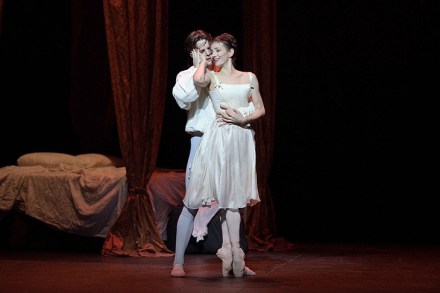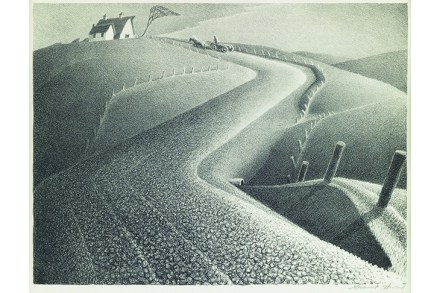The Glums in tights
If you like the BBC’s Les Misérables, you’ll love English National Ballet’s Manon. Manon, in Kenneth MacMillan’s telling, is The Glums in tights. Alina Cojocaru dances Manon, an 18th-century courtesan in Paris, pimped by her brother Lescaut (Jeffrey Cirio). She falls for Des Grieux (Joseph Caley), young, handsome, penniless, love’s young dream, and is later ensnared by the older, richer, crueller Monsieur GM. Cojocaru is sublime. ‘That’s her!’ whispered my neighbour in the stalls as Manon fluttered through the crowd at the inn. With Des Grieux, Cojocaru is sweet and expressive, tender and teasing. As Monsieur’s mistress, in diamonds and furs, she dances with quiet power and cold command. In




















